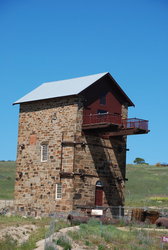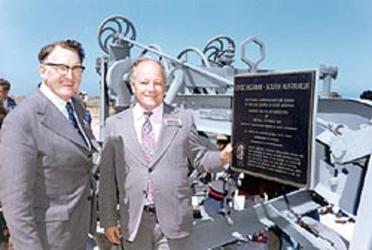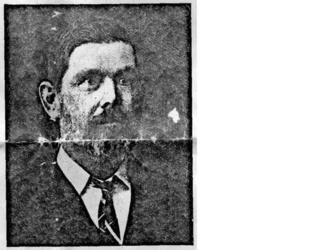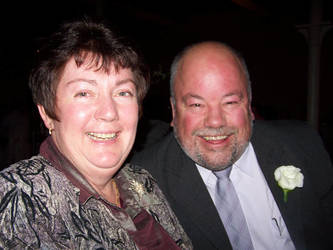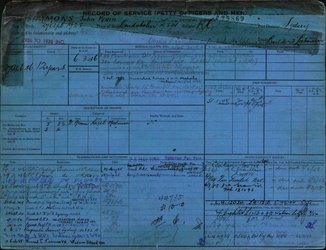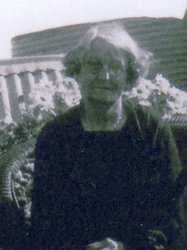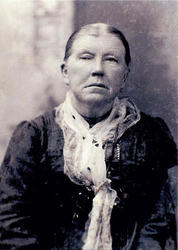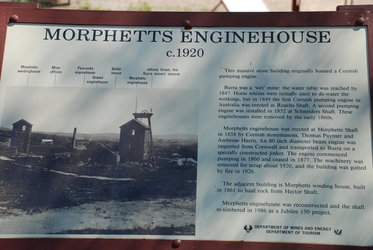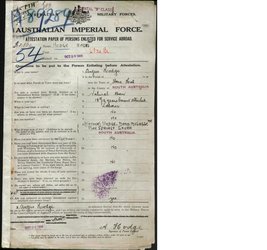| About The Hodge Family
Please sign in to see more. Hodge
Select Hodge Surname Genealogy
Hodge is a pet form of Roger, a name introduced to England by the Normans after the Conquest. The root of Roger is hrod meaning "renown" and gari "spear." It is said that some of the native English could not get their mouth around the Norman "R" and "R" became "H" or "D" instead. Hence Hodge or Dodge as a surname.
In the cook's prologue in Chaucer's Canterbury Tales, the cook calls himself Hodge, but is addressed by the host a few lines later as Roger. Roger in medieval times was also a slang name for a farm laborer; as was Hodge.
Hodge, Hodges and Hodgson are all surnames, Hodges and Hodgson being "son of Hodge." Select Hodge Resources on The Internet
Hodges-Hodge Society. US surname association.
Henry G. Hodge of Livingston County, Kentucky. Hodge family history. Hodges-Hodge DNA Project. Hodges-Hodge DNA.
Select Hodge Ancestry
Early Hodge spellings were fairly variable and remained so for a considerable period of time. The surname history which follows concentrates just on the lines named Hodge.
England. There was early reports of a Hodge family in Northumberland who moved northwards and established themselves in Scotland. The Hodge name lived on locally in the legend of the Hodge of Ferryhill. However, later numbers of Hodges in this part of England were small.
SW England The main numbers instead were to be found in the southwest of the country, in particular in Devon and Cornwall. A William Hogge was recorded in Cornwall in 1297. The name was especially evident in the Helston area and was often described as a Bodmin name because of the number of Hodge mayors there in the late 1600's. Other Cornish sightings included a Francis Hodge who held Quaker meetings at his house in Falmouth at that time and Hodge families of St. Levan and St. Ives dating from the early/mid 1700's. There were as well many Hodges working on the farms of south Devon, in and around Totnes.
William Hodge, the grandson of a Liskeard tanner, made it as a banker and merchant in Plymouth in the early 19th century and was able to establish himself amongst the local gentry.
"The 1851 census enumerator was shown into the study of Pounds Mansion House, Pennycross where William Chappell Hodge was now head of the family. He gave his occupation as landed proprietor and banker. His staff included a governess for the children, a butler, cook, coachman, and footman."
Scotland. There were Hodges in Glasgow in the early 17th century where Thomas Hodge established himself as a merchant in 1625. However, there seem to have been more Hodges in Fife. One family line traces itself back to George Hodge in Crail in 1686. John Hodg, deacon of trade in Fife in 1701, was the son of Alexander Hodg and other Hodges in trade there date from that time. A later cluster of Hodges was to be found in Ayrshire.
America. Early records can be confusing as the names may switch from Hodge to Hodges or vice versa within a family. What follows here are mainly Hodge reports.
Notable Hodge starting points in America have been:
John Hodge, born in Connecticut in 1643, and his brother Charles, the sons of immigrant Richard Hodge. John died in Lyme, Connecticut and his descendants were to be found in various places around the state.
Robert Hodge, who was born in Virginia at around the same time. It is believed that his line connects to Henry Gustavas Hodge who moved with his parents as a small child to Edgecombe county, North Carolina in the 1750's. Hodges from this family migrated to Kentucky in the early 1800's and Blount Hodge prospered there as a merchant.
Three Scots Irish Hodge brothers - William, Andrew and Hugh - who came to Philadelphia in 1730. Hugh was an eminent physician, as were a number of his descendants. From his line came the Rev. Charles Hodge, the great 19th century theologian of Princeton, New Jersey.
John Hodge, probably Scots Irish as well, who was in Pennsylvania by the 1730's. His grandson Alexander Hodge, born there in 1760, migrated to Georgia, Arkansas, and then, in 1828, to Mexican-held Texas. He died in 1836 just as the battle for Texas was won.
Francis Hodge, born around 1750, who fought in the Revolutionary War under Washington at Brandywine and Yorktown and later moved to Davidson county, Tennessee. His two-storey log home there, built in Percy Warner Park around 1795, still stands.
Caribbean. The Hodge name is extensive in the Caribbean islands and appeared at an early time. The first of these Hodges was said to have been an Irishman who came to Anguilla around 1700. Antigua and Anguilla records of 1727 showed a number of people named Hodge. One line, through Bazaliel Hodge, moved from Anguilla to Tortola (part of the British Virgin Islands today) and acquired a number of estates there. Arthur W. Hodge was another early settler. In 1811 his son was sensationally tried and hanged for cruelty to his slaves:
"Arthur W. Hodge was the first and only plantation and slave owner to be put to death by hanging for his repeated and relentless cruelty to his slaves. Hodge is said to have been responsible for the deaths of over 60 people, including that of his third wife Ann. His once grand plantation house has long since been destroyed by the elements and all evidence of its existence buried by the lush Tortola vegetation."
In a curious twist his black grandson Samuel was awarded the Victoria Cross for his bravery on the battlefield in 1866 whilst serving with the British Army in West Africa.
Another Hodge plantation owner was Langford Lowell Hodge (and his son of the same name) who owned estates in Antigua and British Guiana from the late 1700's. Today the Hodge name is readily found in Antigua, Anguilla, St. Martin, and in St.Croix on the US Virgin Islands.
Australia and New Zealand. A Hodge family from St. Ives in Cornwall, getting away from the mining slump there, arrived in Newcastle, NSW in 1867 and then sailed on to Port Chalmers, New Zealand. The Rev. Charles Hodge was a Congregational minister from Cornwall who eventually settled with his wife in South Australia. And other Hodges from Cornwall headed for the Moonta mines there.
Melville Hodge, a farm laborer from Fife in Scotland, boarded the Joseph Rowan in 1854 at the age of 51 for a new life in Australia. Sadly, his wife Janet died seven days out on the voyage. However, he was able to attract the attention of a 22 year old woman also emigrating and they married soon after their arrival. They settled in the Barossa valley of South Australia, but Melville lived for only another six years. Their son David later prospered as a grain merchant.
Select Hodge Miscellany
If you would like to read more, click on the miscellany page for further stories and accounts:
Hodge Miscellany
Select Hodge Names
Hodge was Samuel Johnson's cat.
Rev. Charles Hodge of Princeton was a leading Calvinist in 19th century America. W.V.D. Hodge was a Scots-born mathematician whose development of the Hodge theory in the 1930's has had a major impact on the study of geometry.
Sir Julian Hodge, born in London, grew up in Wales and developed his business empire, the Hodge group, there. He created the Bank of Wales in 1972.
Select Hodges Today
12,000 in the UK (most numerous in London)
15,000 in America (most numerous in South Carolina)
10,000 elsewhere (most numerous in Australia).
|


